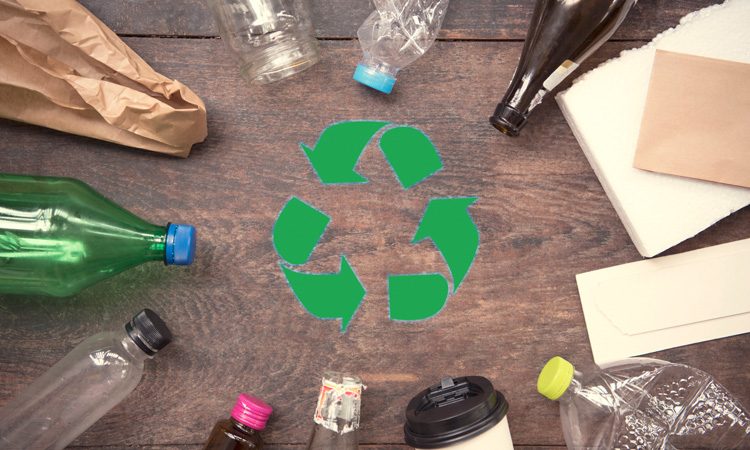Survey reveals sustainable packaging likely to become “battleground for premium alcohol producers”
- Like
- Digg
- Del
- Tumblr
- VKontakte
- Buffer
- Love This
- Odnoklassniki
- Meneame
- Blogger
- Amazon
- Yahoo Mail
- Gmail
- AOL
- Newsvine
- HackerNews
- Evernote
- MySpace
- Mail.ru
- Viadeo
- Line
- Comments
- Yummly
- SMS
- Viber
- Telegram
- Subscribe
- Skype
- Facebook Messenger
- Kakao
- LiveJournal
- Yammer
- Edgar
- Fintel
- Mix
- Instapaper
- Copy Link
Posted: 21 October 2019 | Sam Mehmet (New Food) | No comments yet
GlobalData’s 2019 Q3 consumer survey found that 71 percent of global consumers consider it ‘quite’ or ‘extremely’ important for product packaging to be made from sustainable or renewable sources.


As ethical credentials become increasingly prominent markers of quality, sustainable packaging is likely to become a battleground for premium alcohol beverage brands, says a new survey from GlobalData.
GlobalData’s 2019 Q3 consumer survey found that 71 percent of global consumers consider it ‘quite’ or ‘extremely’ important for product packaging to be made from sustainable or renewable sources, while only 25 percent considered it important for packaging to have a luxury appearance.
“This is particularly significant for the alcoholic beverage sector, in which image and indulgence are paramount,” said Katrina Diamonon, Consumer Analyst at GlobalData.
“While these factors are still as relevant as ever, consumer sentiment suggests that the gratification associated with consumption of premium products increasingly incorporates considerations around ethical consciousness and whether a brand’s values align with those of the individual consuming the product.”
In early October 2019, Speyside single malt Scotch brand, Glenlivet, partnered with Tayēr + Elementary bards to unveil a limited-edition ‘Capsule Collection’ of glassless cocktails served in clear, edible capsules made of seaweed extract, considered one of nature’s most renewable resources.
“Much of the response to the capsules was derisive, comparing the format to Tide Pods, a line of laundry detergent pods manufactured by Procter & Gamble. Such a reaction was to be expected, given the radical nature of the launch and its extreme departure from the familiar – particularly for a product as steeped in tradition as whisky,” Diamonon added.
More recently, Danish brewing giant Carlsberg unveiled two prototypes for what it claims will be the world’s first paper beer bottle, made from sustainably sourced wood fibres and an inner barrier to allow the bottles to reliably contain beer.
GlobalData suggests that these innovations from both companies are indicative of how the priorities of consumer product companies are necessarily shifting in line with new consumer preferences and expectations.
“As sustainability becomes inextricably linked with quality, premium brands will need to risk the possibility of failure – and even short-term ridicule – in order to draw the attention of ethically-minded consumers,” Diamonon concluded.
Related topics
Environment, Packaging & Labelling, Sustainability, The consumer








